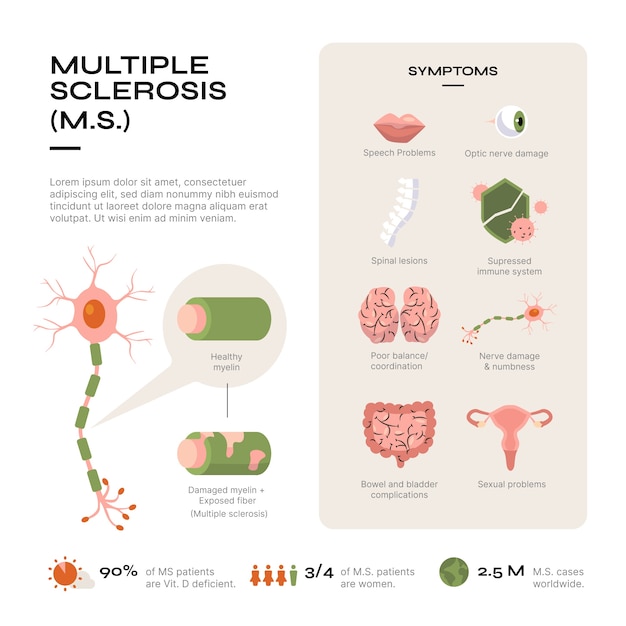
Probiotics are good bacteria that we take through foods like kimchi, yogurt, or certain supplements. They’re generally helpful to everyone, but they can play a special role in women’s health.
For women’s gut health, probiotics are essential. This is because women often face more digestive issues than men. For instance, a woman is more likely to experience symptoms of Irritable Bowel Syndrome (IBS) or get diagnosed with inflammatory bowel disease. Therefore, maintaining a healthy gut environment with diverse, properly working bacteria is critical for women.
There’s also something called a vaginal microbiome, which is crucial for a woman’s overall health, fertility, and childbirth. A specific probiotic called Lactobacillus helps to maintain this balance, ward off infections, and even prevent pregnancy complications.
Urinary Tract Infections (UTIs) are common in women, mostly due to the vaginal opening’s proximity to the anus. Probiotics can help here too, by restoring a healthy balance to the vaginal bacteria and preventing infections.
Mood swings can hit women during periods, pregnancy, or menopause due to hormonal changes. The good news is probiotics can help by supporting good mental health. They have a direct line of communication with the brain and can aid in mood stability.
And did you know good gut health can also give you a glow? A study in 2019 revealed that skin inflammation could be linked back to an unhealthy gut due to the influence of gut bacteria on our immune system.
Probiotics form a vast range of bacteria in your digestive system that help keep you healthy and on top of your game every day. They play a key role in producing vitamins, preventing diseases, and digesting food. But for women, probiotics have an extra edge in supporting vaginal health, too, including aiding with fertility and maintaining a balance in the vaginal environment.
Consider them as the good type of bacteria your body needs to keep working correctly and protecting you from harmful bacteria and infections. Just like a forest, these bacteria work together to keep your body balanced and healthy.
Lastly, it’s cool to remember that no two human bodies share the exact same set of bacteria. Each person has a unique microbiome marking their individuality!


